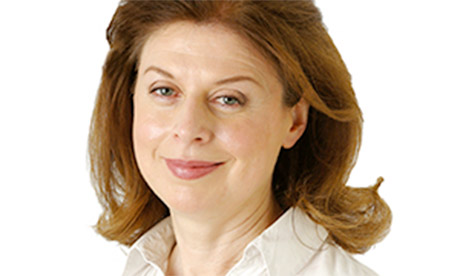The Pope’s new work, Let Us Dream, about which Austen Ivereigh, his collaborator, writes movingly in this week’s Tablet, was published on 1 December.
So, with the caveat that the final work may be different from the excerpts I have read, it strikes me that it is characteristic of Francis’ best and least good aspects.
The best is the Pope’s compassion and human sympathy and his scriptural solidarity with the poor. What’s also evident is what Austen calls his openness to the Spirit, his “unfinished thinking”.
The less good trait is his interventionism.
His actual job as Pope is to be bishop of Rome and the arbiter of last resort when it comes to disputed matters of faith.
Francis, however, sounds off about the subjects that exercise him very readily.
More worryingly, in addressing the big challenges, he is willing to be prescriptive and specific about his remedies: for instance, the solution for him to the exodus of migrants to Europe and elsewhere is to welcome all comers. For poverty, he supports a universal basic income.
This is, I think, going beyond his function of binding and loosing.
And when he goes beyond his remit, it is open to others of the baptised respectfully to differ from him.
I am sympathetic to the idea of a universal income, but it is very expensive even for a prosperous economy and if pitched at a generous level it risks taking away the incentive to work.
As for his insistence that we must welcome migrants almost regardless of the circumstances of the countries and the communities they come to, it seems remote from reality.
The Pope could do worse than read Refuge by the economist Paul Collier – whose work focuses on the world’s bottom billion – and Alexander Betts, who look at the actual effects of mass migration.
What they found is that migrants are not always the poorest – they are usually those with the resources to escape.
The beneficiaries of migration are the migrants themselves; the losers tend to be their countries of origin who are impoverished by the loss of their ablest young people, and the countries they come to, which become more divided by mass migration.
The example of Germany after admitting a million people in 2015 is not particularly encouraging.
The Pope is understandably repelled by populist politicians.
But simply to condemn “superficially religious people [who] vote for populists to protect their religious identity, unconcerned that fear and hatred of the other cannot be reconciled with the Gospel” leaves unanswered the question of why they may feel unenthusiastic about large-scale migration.
The film, Les Miserables (not the original one) this year, about the largely North African and Muslim banlieus of Paris, helps put into context stubborn electoral support for Marine Le Pen’s National Rally.
People who vote populist are not merely stupid or wicked, as the Pope’s comparison with 1930s fascists suggests.
This may seem like a churlish response to what Austen Ivereigh, who inspired the book as well as wrote it, describes as a “book-length love-letter to humanity”, and I look forward to reading it properly.
But at some point, “Let Us Dream” is not quite enough as a prescription for life. Continue reading
- Melanie McDonagh is a journalist and writer.
